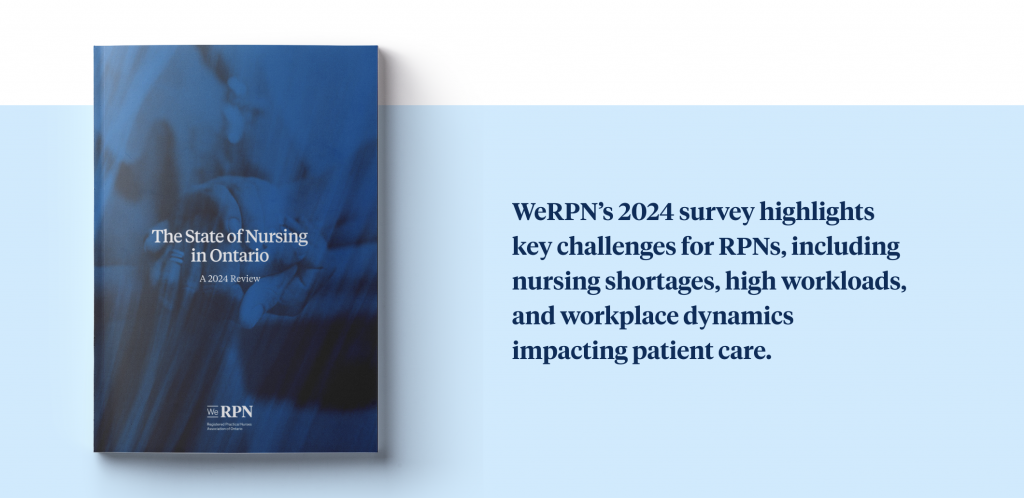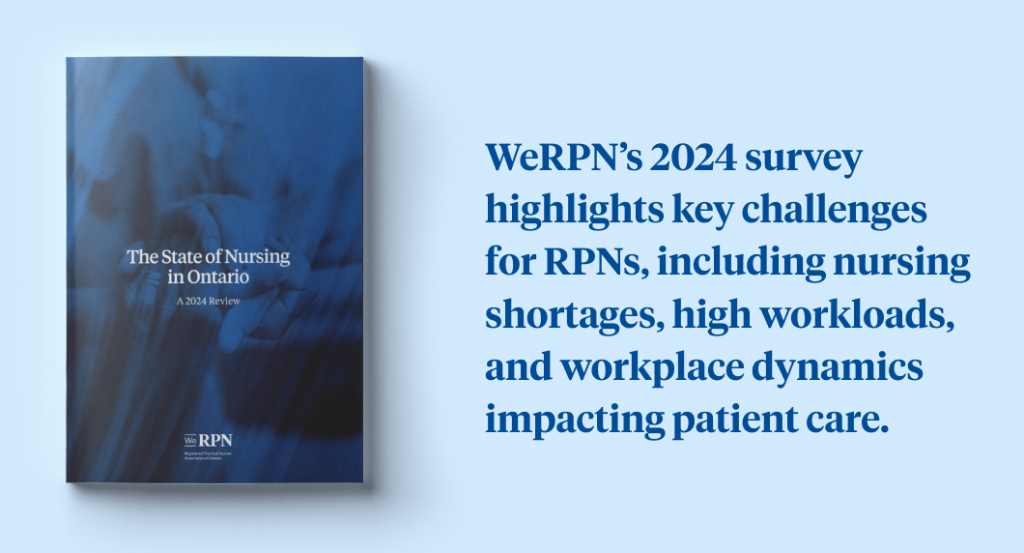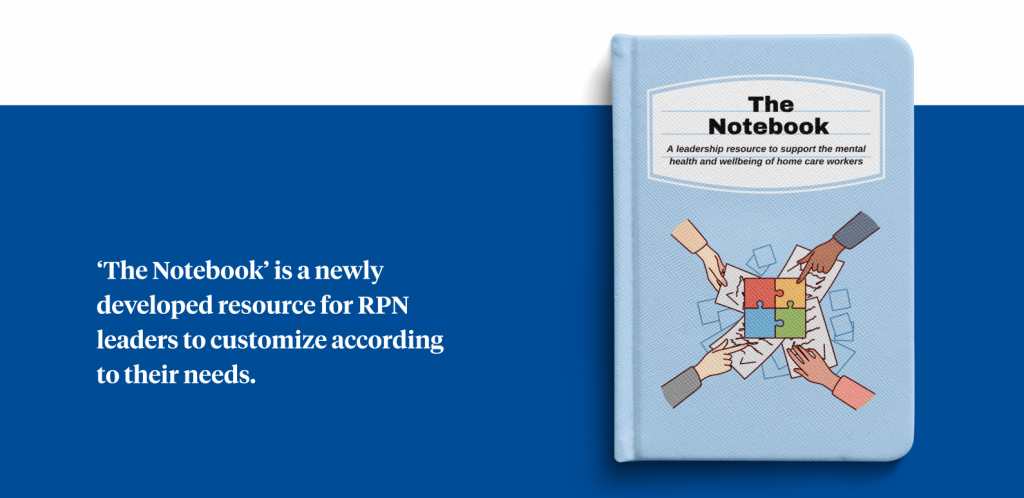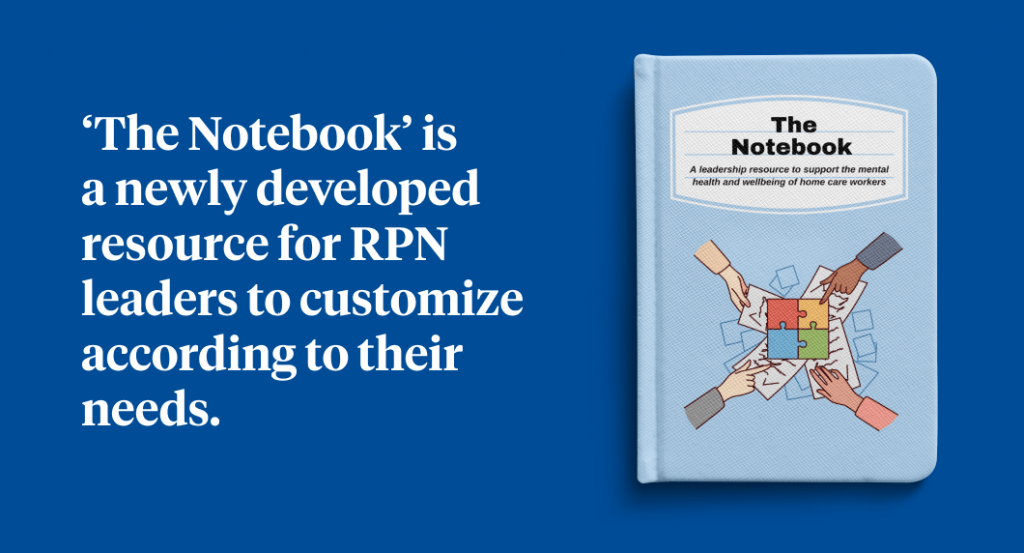

Advancing RPN Knowledge: The Power of Research in Strengthening Our Profession
Some of the most used evidence sources in nursing include scholarly research, nursing texts and information resources from reputable institutions such as national health agencies. Evidence-based practices are rooted in clinical nursing expertise, patient values, and research. As RPNs, we use a combination of evidence, clinical expertise, patient value and input to help make complex clinical and practice decisions. WeRPN research program aims to continue to drive evidence to support RPNs and increase the representation of RPN roles, impact and credibility.
WeRPN’s 2024 nursing survey uncovered ongoing challenges reported by RPNs, such as the negative impact of the nursing shortage on patient care, intention to leave the profession, and experiences with high workloads and difficult workplace dynamics. In 2024, there was an influx of RPN publications by various research teams that explored roles and contributions, recruitment and retention factors, role transition, bridging education programs, resilience and emotional intelligence, and work disparities. What does increased literature do for RPNs, and why does it matter?


Role clarity has been a long-standing priority for RPNs. We know that we are not ‘just RPNs.’ We are skilled nurses who make valuable contributions across health settings. We are also advocates for nurses and patients, and essential in improving healthcare. Accessing literature about RPNs’ experience, roles, and impact was challenging. Much of the available literature was either not specific to our provincial or national nursing context and rarely involved RPNs on the project team. The lack of RPN-focused/inclusive information created a gap in workforce planning, organizational staffing assignments, and even practice resources. The good news is – the tides are changing. More research and project teams are including RPNs as key members, participants and advisors to help inform all stages of inquiry and outcomes.
The target audience for these publications often includes policy and organizational decision-makers, nurse educators, organizations, and health workers. When researchers publish their work, it creates the opportunity to review, compare, critically appraise and interpret findings, which will ultimately advance knowledge and bring about innovation. ‘The Notebook’ – a resource and toolkit to support RPN leadership practice by VHA Home HealthCare is one example of a newly developed resource for RPN leaders to customize according to their needs. Mobilizing research knowledge and information creates an opportunity to generate discussions, share insights, and exchange knowledge that addresses issues and problems in nursing and healthcare to help foster sustainable solutions. RPNs’ voices, experience, and knowledge are critical parts of shaping the future of healthcare.


Research comes in many forms. In our foundation of practice as RPNs, we are expected to research and respond to relevant clinical data and information and use research to build an evidence-informed practice [source] . Together, we can strengthen the type and quality of information used to generate evidence, build each other up, and bring forward new knowledge and key messages to address practice issues or innovations.
As a WeRPN member, your professional association will help you stay up to date on trends and issues, access emerging evidence, and attend RPN events and opportunities. WeRPN helps come together from across the province to share, exchange, and mobilize our knowledge as nursing professionals.
Thank you for all you do on behalf of our profession.
Jen Calver, RPN, PhD (candidate)
WeRPN, Research Coordinator